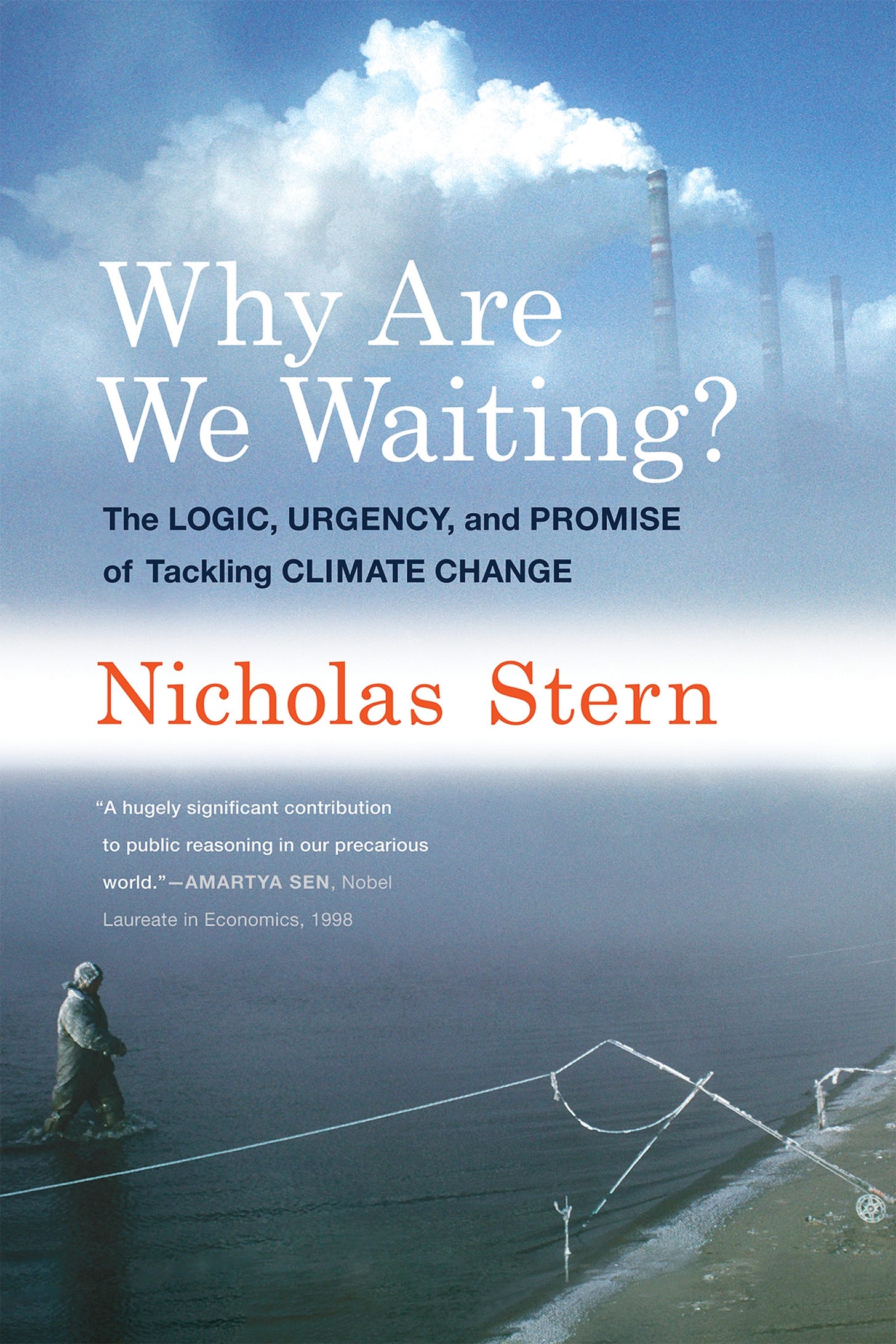Revealed Preference Overreach and its Discontents
Nicholas Stern and the valuation problem
The question of valuation is often the soft underbelly of economic analysis. The basic problem is as follows:
Economics would like to be a ‘hard science’, above political disagreements; and
Useful policy analysis usually requires a decision on what we ought to value and by how much, inherently political decisions.
To resolve this issue, economists often rely on the ‘revealed preferences’ of consumers. Rather than assessing what ought to be done, it is argued, economists should assess how successful the economy is in satisfying the preferences consumers already have, and we can determine their preferences by observing their actions.
There are 2 clear advantages to this approach. Firstly, it is seen as avoiding the paternalism inherent in social planners attempting to reshape the world based on the planner’s own worldview. Secondly, focusing on someone’s actions rather than statements can provide a more accurate picture of the trade-offs they are willing to make under scarcity, something much more difficult in surveys.
The simple version of revealed preferences is also highly intuitive. Say I have a friend, John, who says he loves the opera. His actions however contradict these statements, when faced with the choice between going to the opera and almost any other activity, for instance, watching TV, John always chooses the latter. I would then have strong evidence that John does not enjoy the opera, despite his statements to the contrary.
This reasoning however becomes far less tenable for decisions in more complex scenarios. The controversies concerning the costs of climate change im Nicholas Stern’s excellent Why Are We Waiting? The Logic, Urgency, and Promise of Tackling Climate Change are an illustrative case.
The costs of climate change will primarily take place in the future, sometimes far into the future. The question then is, how should we value these costs, compared to costs in the present? How does one appropriately distribute the costs of the climate transition between generations of people?
The exact rate at which one chooses to compare time periods, often referred to as the ‘discount rate’ has dramatic effects on the total cost, due to the magic of compound interest applied backwards. As Stern notes, a 6% discount rate would mean a cost today is valued as x18 more than one in 50 years, and x339 more than one in 100 years. Under such rates, costs in the very long run are valued infinitesimally small.
How does one establish such a rate then? A common response in economics is by examining behaviour in capital markets. It is argued that the intertemporal question for climate change is basically the same as a discount rate applied to investments, and that we can learn what this rate is by looking at rates of return in capital markets.
Note however that the question of intertemporal valuation is enormously more complex than whether consumers exhibit a preference for apples vs peaches. Stern notes important reasons why capital markets are a poor guide in this circumstance, including:
An assumption that past rates of return will continue in the medium to long-term future, a problematic assumption given certain risks of climate change;
That capital markets, particularly over the long term, are subject to major imperfections due to information asymmetries ;
That there is no “substantial financial or other market that applies to collective decision-making over a century or two”, rather most markets are for individual decisions and concern a much shorter period; and
General problems with conflating the time-preferences of current investors with the interests of future generations, who are not the ones investing.
Faced with such problems, Stern rejects their use for estimating climate change costs, and makes a strong ethical case for a discount rate of almost 0, primarily based on the principle that future generations ought to be treated equally to the present.
A full account of the controversy of Stern’s discount rate is beyond the scope of a blog post. Stern’s willingness to engage in ethical debates however ought to be congratulated, along with his unwillingness to engage in what we may call Revealed Preference Overreach.
Revealed Preference Overreach is an unfortunate tendency for some economists to go beyond the generic usefulness of revealed preferences as a form of data, and rather as a substitute for politics. It seeks to avoid the messy business of ethical argumentation by appealing to the apparently implicit beliefs people already have. It argues that debate is unnecessary, as it has already been voiced by The People, via their actions in the marketplace.
Such an approach however does not resolve ethical issues, it merely obscures them. The correct response to such complexity is not to shy away from ethical judgments, nor to try and determine the implicit beliefs of others by reference to their behaviours on other matters, but to openly discuss the ethical implications of our decisions within a democratic polity. As Amartya Sen writes:
If informed scrutiny by the public is central to any such social evaluation (as I believe is the case), the implicit values have to be made more explicit, rather than being shielded from scrutiny on the spurious ground that they are part of an “already available” metric that society can immediately use without further ado.
Within such a discourse, Stern’s approach should not be thought of as paternalistic, but rather as an honest appraisal of the ethical issues involved, to be accepted or rejected in democratic politics. When it comes to fundamental issues that require ethical valuation, there’s no avoiding it.


